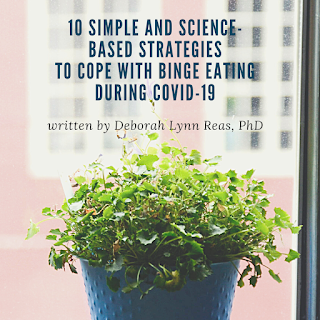The Year the Magnolia Wouldn't Bloom
By Nerys Parry
The year my daughter got sick was the year our magnolia tree didn't
bloom. One cocooned bud appeared during a warm spell the following
November, a clenched fist punching the sky two seasons too late. It
never opened, but froze on the branch after the first light snow. The
lilac, too, green and spindly—it didn't even bother with buds. As
for the crab apple, my daughter swears it gave its usual riotous
bridal burst, and I don't have the heart to tell her that I know for
a fact it didn’t. She was in the hospital, after all; I was the one
home between hospital visits, crying on the porch and looking out at
my trees, not understanding their sterility any more than my
daughter’s own refusal to eat and grow.
I don't remember if it was a hot summer when she was hospitalized,
but it was wet. Perhaps that had something to do with it. In a damp,
persistent mugginess, there’s a sensation of stagnation. But it's
an illusion, because moisture is an expedient for decay. Everything
rots faster in the wet. So fast sometimes things disappear entirely
before you even knew they were there.
Everyone asks me: how could you not see her illness coming? And
that’s the scariest thing about eating disorders—how silently and
invisibly they stalk sufferers. In hindsight, there had been hints
that something was wrong for some time, but nothing to indicate
anything so serious as an eating disorder. There was that comment a
friend of ours made the September she started high school: that any
teenager as fervent about their sports and schooling as S must be
running from something. Then there was that interview with her
writing teacher in November, when he said she seemed very intense—but
all of her teachers had told us the same thing ever since she’d
been in Grade Three. In January, there was the family trip to Lake
Placid when my daughter, who’d always been one of the bravest
skiers, had a panic attack at the top of the hill. It was around this
time that she also decided to become a vegetarian and became obsessed
with fat-free vegan recipes, but I didn’t get too concerned, not
until February, when her weight loss was noticeable and she
complained of being cold and tired all the time. She’d been in
intense training and her team nutritionist assured me she just wasn’t
compensating sufficiently. When multiple sessions with the
nutritionist didn’t change anything, I brought her to see our
doctor, who also felt my daughter didn’t have a problem, not at
first. Three months later, you could see every vertebra in her neck.
When I hugged her, I felt her ribs. Then her electrocardiogram showed
a weak heart rate and we brought her to emergency. There we learned
that she not only had anorexia, she had it bad.
If we could have received a diagnosis earlier, could we have
prevented the three years of struggle that followed? I honestly don’t
know—we know so little about this disease and its trajectory. But
one thing I do know: as a parent, I wish I had known more
about what my daughter was suffering. I wish I’d been better able
to read those few signs that seemed, at the time, so insignificant.
In short, I wish teachers, coaches, doctors—all of us—just knew
more. Period.
That’s why organizations like Hopewell are so important. Not only
do they generate a better awareness about eating disorders in our
community, so people like me can better understand what’s happening
with our loved ones, they also offer support groups, bringing
together sufferers and loved ones so that we don’t feel alone, or
without hope. Because that is the one thing we all need to get
through those summers when the dampness—and struggle—seems never
ending, and we wonder if our magnolias and loved ones will ever bloom
again.
(FYI: We had two beautiful blooms on our magnolia this year. And
our lilac offered some spindly blossoms, as did our crab apple. Our
daughter is still struggling through her recovery, but there is hope.
There is always hope.)
Want to know more about the signs and symptoms of eating disorders?
Check out the informative pamphlets at the National Initiative for Eating Disorders.
Want to support Hopewell so we can continue to spread awareness and
support sufferers and their loved ones? Join us at our upcoming Gala: A Night in Nashville for Hopewell on Wednesday, October 21st, 2015.



Comments
Post a Comment